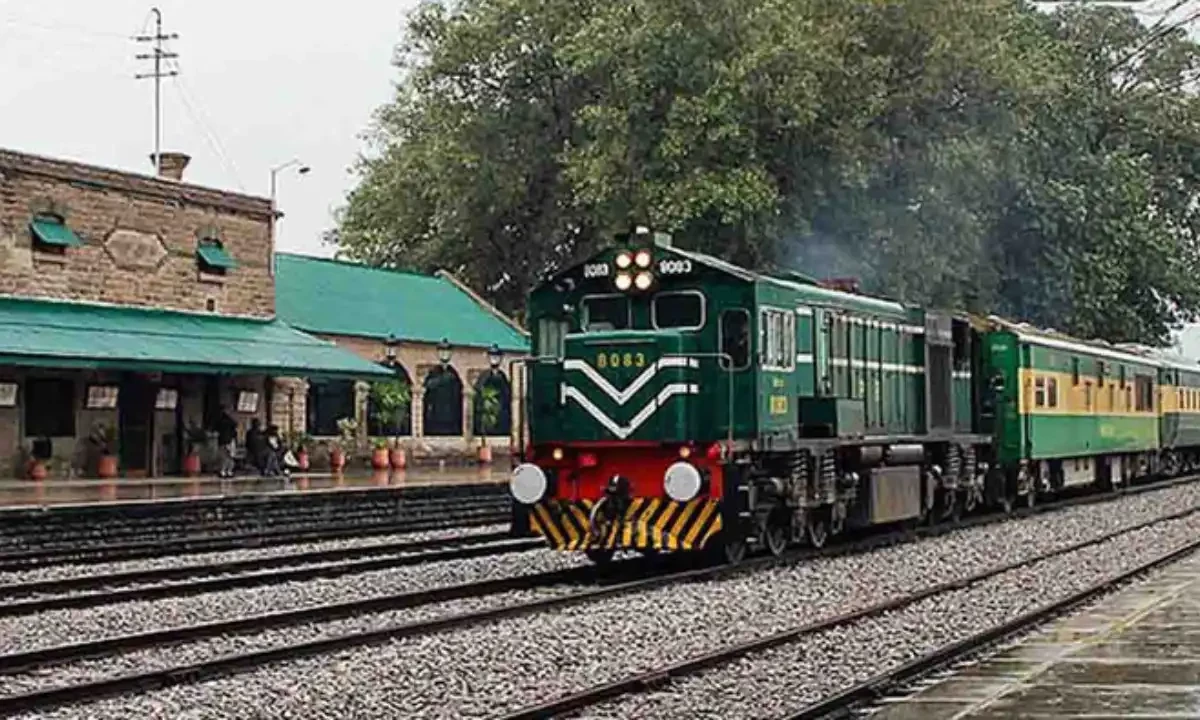Pakistan’s railway system is undergoing a silent yet significant transformation. In recent years, the inclusion of private trains in Pakistan has marked a turning point in the country’s transportation sector. With a population exceeding 240 million and increasing demand for safe, timely, and comfortable travel, private-sector involvement is bringing innovation, improved services, and renewed public interest in train travel.
The Pakistan Railways, a state-owned entity, has long struggled with inefficiencies—outdated infrastructure, financial losses, and customer dissatisfaction. Recognizing this, the government opened doors for public-private partnerships (PPPs) and allowed private operators to manage passenger services. This shift not only reduces the financial burden on the state but also introduces competition, a key driver of quality and performance.
The Rise of Private Train Services
The first major success story of private trains in Pakistan came in 2020 when the Green Line Express and Jinnah Express were handed over to private operators for on-board services. These trains maintained government-owned engines and routes but were equipped with enhanced facilities like air-conditioned coaches, better catering, clean washrooms, and efficient staff—all managed by private firms. The response from passengers was overwhelmingly positive.
Encouraged by this success, several new routes were opened to private bidders. Most recently, the Pak Business Express and Sir Syed Express also began operating under private partnerships. These trains now serve thousands of passengers daily, offering a more comfortable and reliable alternative to traditional railway services. Key private stakeholders are investing heavily in better customer service, online booking systems, and real-time tracking apps.
Benefits to Passengers and Economy
The entry of private rail operators in Pakistan has created multiple benefits. Firstly, passengers now enjoy timely arrivals, better hygiene, and courteous staff—amenities once thought to be exclusive to air travel. Secondly, the availability of multiple travel classes at competitive rates makes rail travel more inclusive. Even business-class passengers now consider trains a worthy alternative to short domestic flights.
Economically, this model reduces government subsidies and allows the Pakistan Railways to earn through revenue-sharing agreements. Furthermore, these projects generate jobs, stimulate local supply chains, and attract foreign investment. By offering modern rail solutions, private trains in Pakistan are also encouraging tourism and regional trade.
Challenges and Way Forward
Despite the achievements, private rail services face serious challenges. Infrastructure remains largely outdated. Track maintenance, signaling systems, and station facilities are still under state control, and any delays or safety lapses in these areas can undermine private efforts. In addition, corruption, political interference, and lack of transparency in bidding processes have raised concerns among investors.
To ensure long-term success, experts suggest adopting a fully transparent regulatory framework. Policies must encourage fair competition, ensure safety standards, and create accountability. Public-private partnerships should be extended to freight trains, which have massive untapped potential in reducing road congestion and lowering transportation costs.
Public Response and Future Outlook
The public response to Pakistan’s private train services has been mostly positive. Many passengers now prefer trains over buses for long-distance journeys, citing comfort, safety, and affordability. Online reviews reflect high satisfaction levels, especially for punctuality and cleanliness. With increased digital integration, including e-ticketing and mobile apps, private train operators are improving the user experience.
Looking ahead, experts believe that privatization could be the key to reviving Pakistan Railways. Countries like India and the UK have successfully integrated private services into their rail networks, leading to innovation and higher ridership. If Pakistan continues this path with strategic planning, transparent policies, and infrastructure upgrades, private trains in Pakistan could reshape the future of travel in the country.
Conclusion
The emergence of private trains in Pakistan represents a positive shift in public transport. By blending private efficiency with public oversight, Pakistan has taken a bold step toward modernizing its rail system. With continued policy support, infrastructure investment, and public participation, these services have the potential to become the backbone of national travel—efficient, affordable, and accessible to all.
Read More: Did Pakistan Share Secret Intelligence with Iran on Israel?









